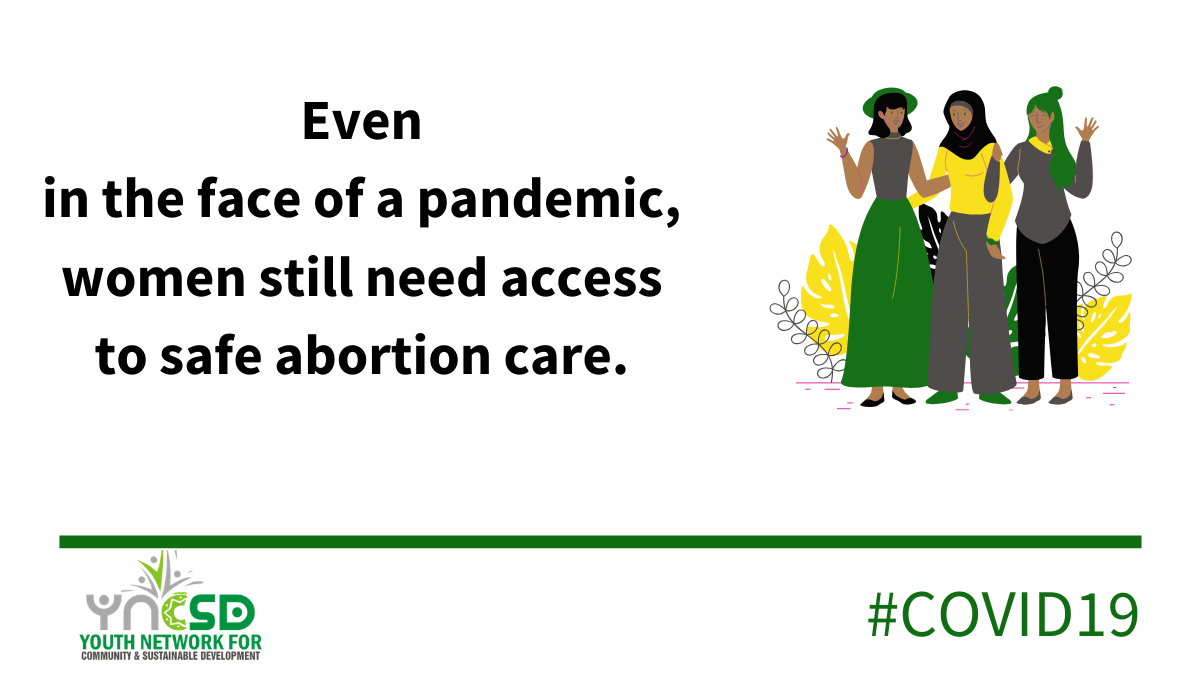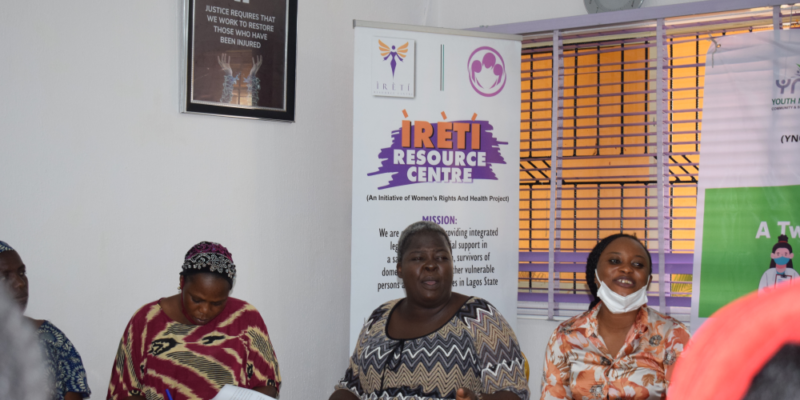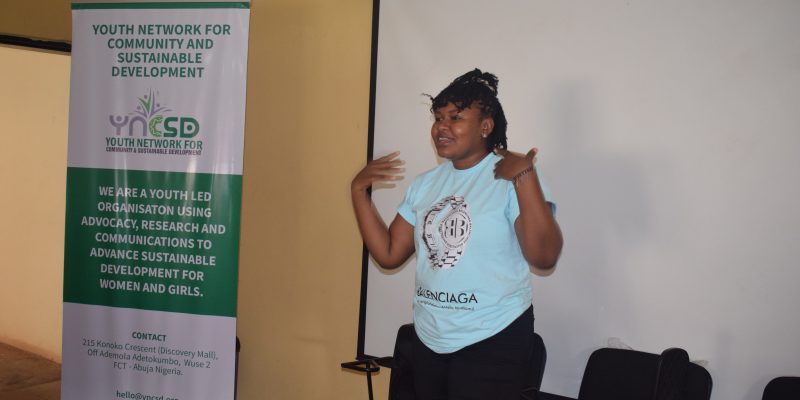Now officially known as COVID-19, the new strain of coronavirus has spread across up to 178 countries with many more countries still expected to be affected as the world grapples with the impact of the virus. Since 11th March 2020, the virus was declared a global pandemic by the World Health Organisation.
The pandemic has had significant impact on global economies, mental health ( check out this guide to improving mental health during the COVID-19 pandemic), social systems and health systems.
Nigeria recorded her first case of the Corona Virus on 28 January, 2020. Since then, federal and state governments have stepped up efforts to contain the spread of the virus by enforcing a lockdown, improving testing and spreading information.
In all of this, it is almost easy to forget what impact COVID-19 might have on the sexual and reproductive health for women, young girls and the society.
Impact on accessing Healthcare
The outbreak of the pandemic has already placed a strain on the already struggling health system. Recently, the Nigerian military made moves to recall its retired medical personnel to return to active duty as part of its efforts to improve manpower in combatting the spread of the virus in Nigeria. It is expected that COVID-19 will disrupt essential services such as maternal healthcare provision as health personnel might be redeployed to create a balance in manpower to take care of the critically ill. Nigeria and other countries in sub-Saharan Africa might be forced to reallocate resources away from SRH and towards other areas deemed necessary in the face of a pandemic.
With some of Nigeria’s major cities on a lockdown, and transportation restricted, women and girls might be unable to access contraceptives, menstrual health supplies and other basic health care requirements. This also affects women who are pregnant and will be in need of antenatal care.
Even in the face of a pandemic, women will still need access to safe abortion care. As people go into social distancing and have to remain indoors, there might be a rise in cases of unprotected sexual activity, domestic violence and an increase in unplanned pregnancies. Economic concerns, movement restrictions, as well as legal restrictions, or other issues might influence people’s decisions to have an abortion.
Accessing abortion pills online will also be difficult for women who live in countries with restrictive abortion laws. Globally, there might be a shortage in production of drugs, and the placement of travel bans also means that it might be difficult for international shipping to happen.
Impact on Gender-Based Violence (GBV)

Social distancing and the lockdown enforcement may also mean that a lot of people are trapped indoors with an abuser or in abusive relationships. Efforts to control the pandemic through a lockdown also comes with an impact on the income of a lot of individuals and families. The heightened economic stress that this brings may result in an increase in household violence putting people, particularly women and girls, at risk of GBV. It may also be difficult for people at risk of violence or exploitation to seek help as many case management services may be unavailable or inaccessible due to social distancing measures.
At this time and in spite of the lockdown and/or social distancing, there should be measures in place to support those who are affected by any form of GBV or abuse. The defence of human rights should remain a priority for the government even during a pandemic.
What is YNCSD doing?
As an organisation, YNCSD is still making efforts to continue advocacy for improved access to safe abortion and SRH services for women and girls. Ensuring that the right SRH information get to those most in need, we are driving the process of supporting women and girls who are at risk of unplanned pregnancy during this period. We know that this is very important work because situations such as this pandemic have hard-hitting effects on women in countries with restrictive laws.
YNCSD is also committed to putting out accurate information on safe abortion care during this period to ensure that those who need it still have the best information.
In addition, we will continue to provide support to as many women and girls who reach out to us, providing referrals as requested or needed. The most important takeaway is that the existence of a pandemic does not mean that sexual and reproductive health issues do not need any attention. If anything, it highlights the need to put in more resources and favourable policies to address SRH needs.




